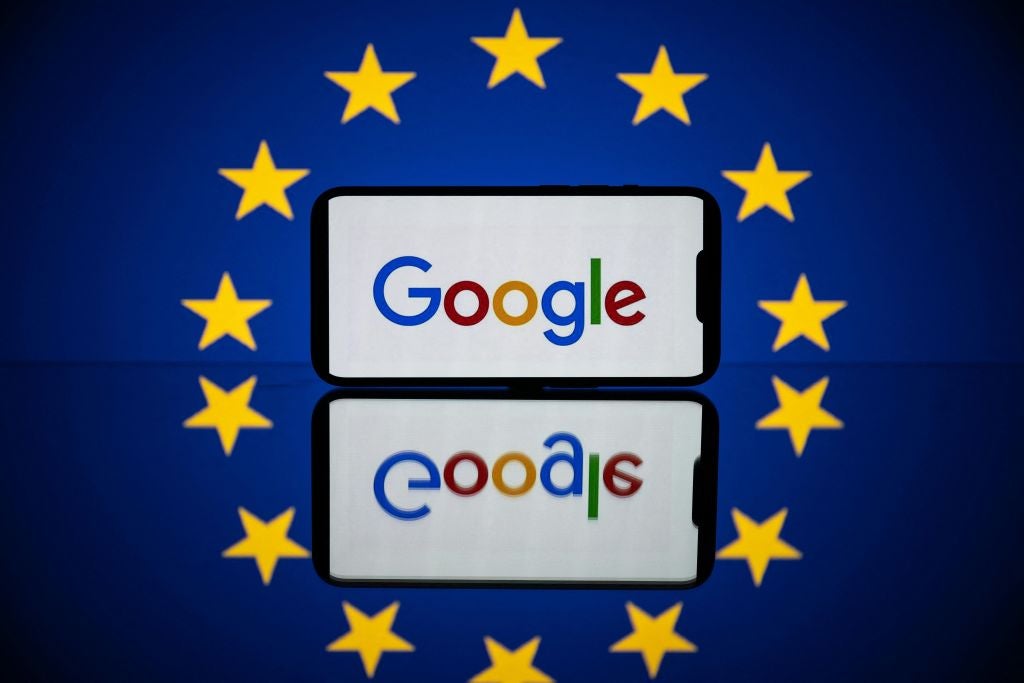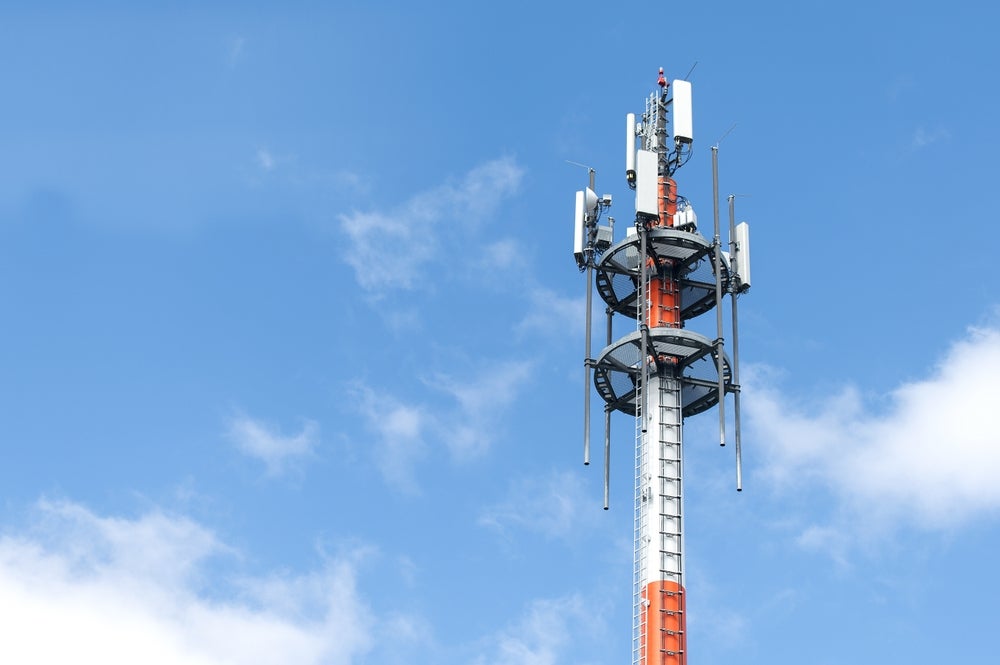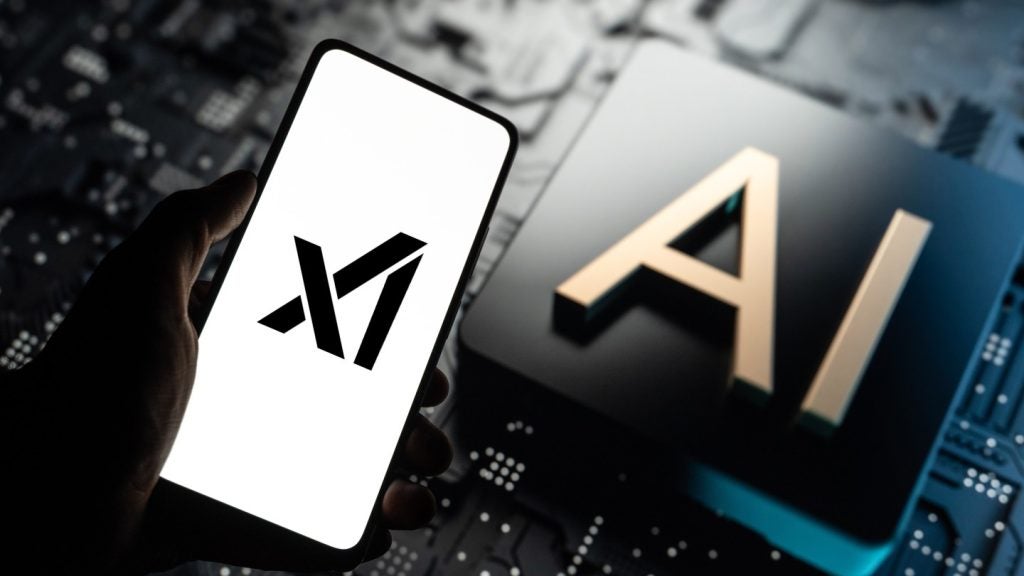
Google, Meta, Qualcomm and seven other technology companies have announced that they will be teaming up to promote open digital ecosystems, in a move to appease the EU’s Digital Markets Act (DMA) and Digital Services Act (DSA).
The new group, called the Coalition for Open Digital Ecosystems (CODE), said it will be looking to boost growth and innovation in Europe, as well as pushing for more digital openness.
The DMA, which was implemented in November 2022, requires gatekeepers to allow third parties to inter-operate with its services and allow their business users to access their own data.
CODE said it will work with academics and policymakers to see how open digital ecosystems can work in the bloc “through the implementation of the DMA and in future EU regulatory framework developments”.
Google, Meta and Qualcomm are joined by French mixed reality startup Lynx, Chinese smart device manufacturer Honor, China-based Lenovo, UK electronics manufacturer Nothing, German messaging platform Wire and Norway-based Opera.
The EU previously commissioned six gatekeepers; Alphabet, Amazon, Apple, ByteDance, Meta and Microsoft.
How well do you really know your competitors?
Access the most comprehensive Company Profiles on the market, powered by GlobalData. Save hours of research. Gain competitive edge.

Thank you!
Your download email will arrive shortly
Not ready to buy yet? Download a free sample
We are confident about the unique quality of our Company Profiles. However, we want you to make the most beneficial decision for your business, so we offer a free sample that you can download by submitting the below form
By GlobalDataThe DMA states that all gatekeepers should not prevent users from un-installing any pre-installed software or app and prevent consumers from linking up to businesses outside their platforms.
Failure to comply with the act could result in fines of up to 10% of the gatekeeper’s annual worldwide turnover, or up to 20% for repeated infringements.
According to GlobalData’s Tech, Media, & Telecom Themes 2024 report, the DSA aims to tackle online harm, but it goes a step further by establishing that leaders of tech companies could be prosecuted and, in some cases, even sentenced to jail if they fail to keep users safe.
According to the report, the combination of the DMA and DSA has the potential to pose the biggest threat to big tech companies in the coming years, but enforcement will be challenging.
Stan Larroque, founder of Lynx Mixed Reality, said in a statement: “We have had a number of conversations in the past few months about what ‘good’ looks like when it comes to digital ecosystems in Europe, what fosters innovation, and what will positively impact competitiveness. We think openness is the crucial element.”







